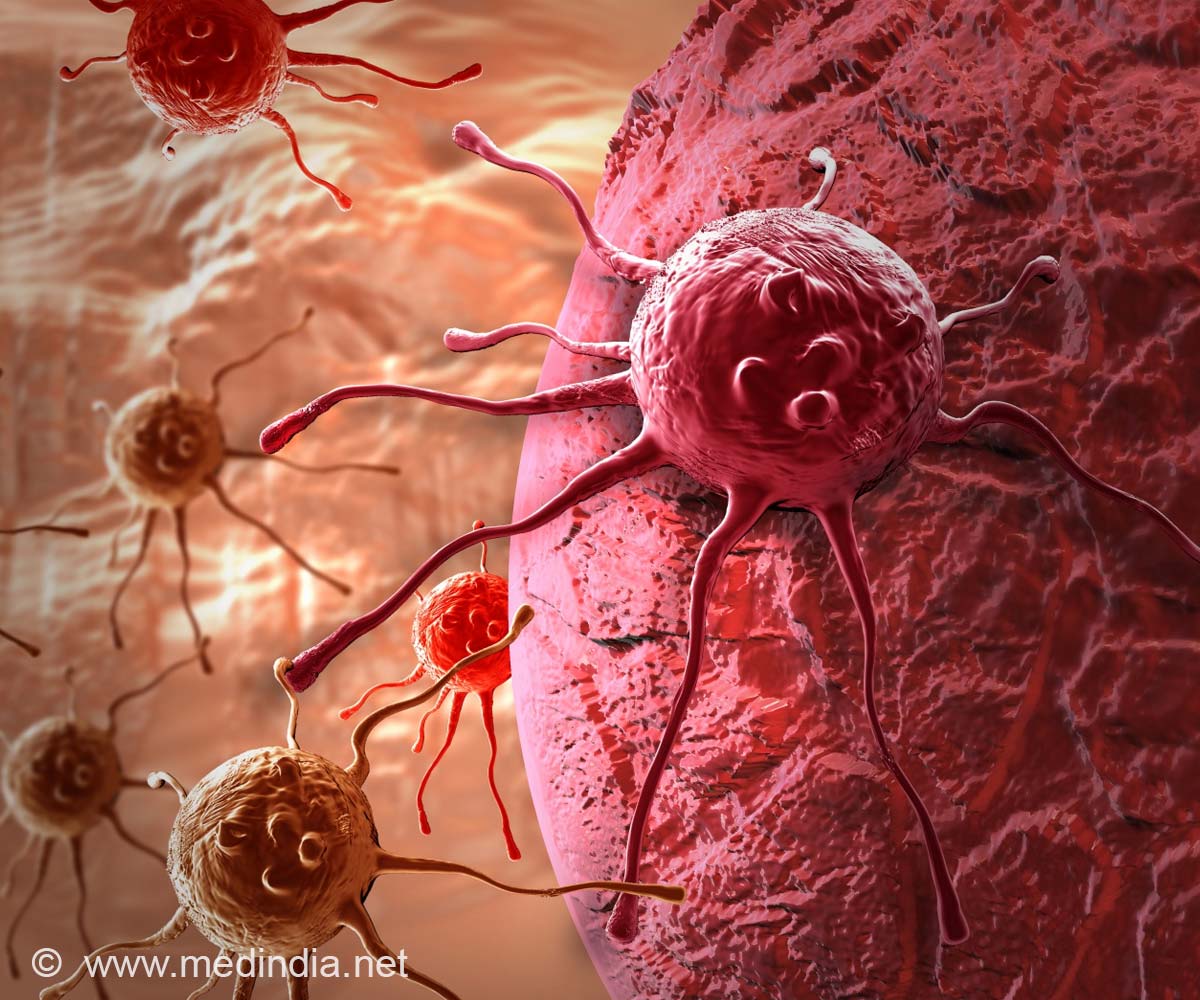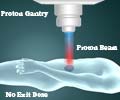
‘Natural Killer (NK) cells attract immune cells to cancerous tumors. Availability of these NK cells in the tumor environment shape tumor development and anti-cancer immunity and may help develop better cancer immunotherapies.’
Tweet it Now
Genes associated with Natural Killer cells and cDC1 correlated with cancer patient survival in a dataset of over 2,500 patients with skin, breast, neck and lung cancers. A similar correlation was seen in an independent group of breast cancer patients, with a particularly positive outcome for women with triple-negative breast cancer, which typically has a poor prognosis."Our findings have given us a renewed appreciation of the importance of Natural Killer cells and cDC1 in the immune response against cancer," says Professor Caetano Reis e Sousa, Senior Group Leader at the Crick, who led the study. "It's still early days, but attracting more cDC1 to tumors could be the basis of a new immunotherapy for cancer patients."
The team also showed that prostaglandin E2 (PGE2), a molecule produced by some cancer cells, suppresses Natural Killer cell activity and reduces the responsiveness of cDC1 to the chemical attractants. This suggests that blocking PGE2 with aspirin might help boost the effectiveness of immunotherapies by restoring cDC1 levels in tumors.
"Now that we know a bit better how this key anti-cancer response works, we can look at identifying other ways in which cancers get around it," says Caetano. "This understanding will ultimately help us to develop new immunotherapy approaches to help more patients."
Professor Karen Vousden, Cancer Research UK's chief scientist, said: "This interesting research reveals more about the way the body's immune system interacts with cancer, exposing one way in which cancer can avoid attack.
Advertisement
Source-Eurekalert











